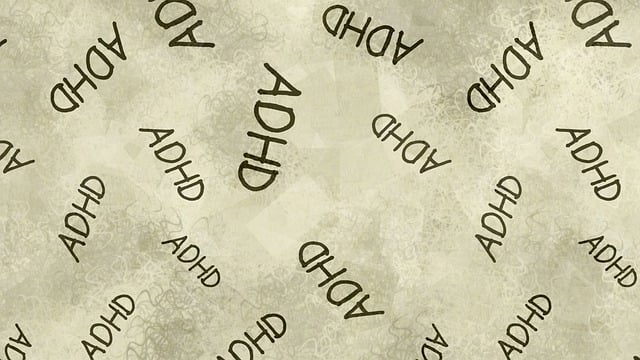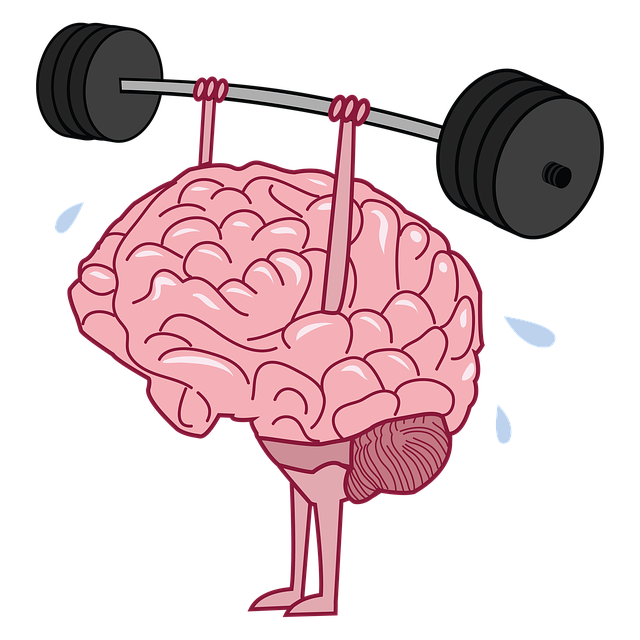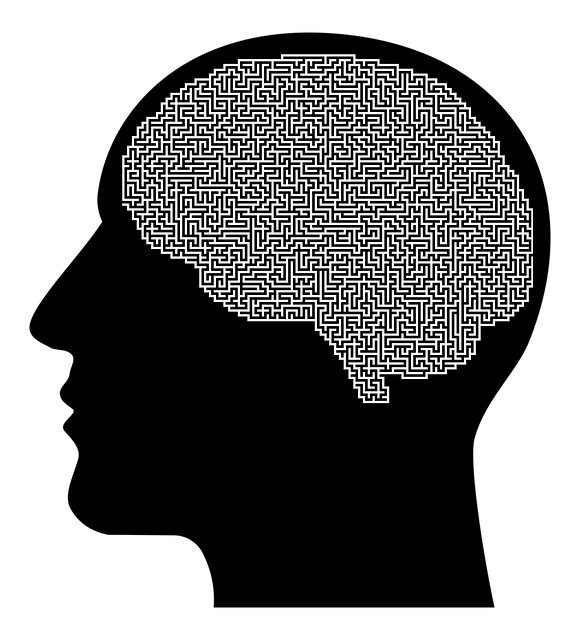Arvada, facing unique mental health challenges due to urban growth pressures, requires tailored interventions. A comprehensive assessment identifies prevalent issues like anxiety and depression, lack of crisis counseling services, and diverse cultural needs. Tailoring a mental health education program, like Arvada Crisis Counseling Therapy (ACCT), involves defining target audiences—young adults, students, trauma survivors—and structuring a curriculum covering mental illness basics, coping skills, stress reduction, and stigma reduction. Interactive workshops, digital platforms, and feedback-driven continuous improvement ensure the ACCT program's effectiveness in enhancing resilience and overall well-being.
Arvada, a vibrant community, faces unique mental health challenges that demand tailored interventions. This article explores the design of an innovative Arvada Crisis Counseling Therapy (ACCT) program, addressing pressing needs identified through a comprehensive community assessment. We define the target audience, outline key curriculum components, and propose implementation strategies for maximum engagement. Additionally, we emphasize the importance of evaluation to measure success and ensure continuous improvement in ACCT’s impact on mental well-being in Arvada.
- Understanding Mental Health Challenges in Arvada: A Community Assessment
- Defining the Target Audience for Crisis Counseling Therapy
- Curriculum Development: Key Components of an Effective Program
- Implementation Strategies for Engaging and Accessible Education
- Evaluating Impact: Measuring Success and Continuous Improvement
Understanding Mental Health Challenges in Arvada: A Community Assessment

Arvada, a vibrant community, faces unique mental health challenges that demand tailored interventions. The first step in designing an effective program is conducting a comprehensive assessment to understand the local landscape. This involves identifying prevalent mental health issues among residents, such as anxiety and depression, which can be exacerbated by the stress of daily life in a rapidly growing urban setting. Cultural competency training for healthcare providers is crucial here, ensuring they can offer sensitive support to a diverse population.
The community assessment should also explore the lack of accessible crisis counseling and therapy services in Arvada. This gap highlights the need for programs that enhance coping skills development and anxiety relief strategies. By addressing these concerns, the design of a mental health education program can be tailored to meet the specific needs of the community, fostering a healthier and more resilient Arvada.
Defining the Target Audience for Crisis Counseling Therapy

When designing a mental health education program, such as Arvada Crisis Counseling Therapy, it’s crucial to start by clearly defining the target audience. This involves understanding the demographics and specific needs of individuals who are most likely to benefit from crisis counseling services. In Arvada, this might include young adults facing transitional challenges, students dealing with academic pressures, or individuals coping with recent traumatic events. Tailoring the program to these groups ensures that the provided counseling and training meet their unique requirements.
For effective delivery, the education program should integrate various components like Mental Health Awareness sessions to dispel myths and foster empathy, Social Skills Training to enhance communication and support networks, and Risk Management Planning workshops for mental health professionals to navigate crisis scenarios competently. These elements collectively contribute to a comprehensive approach that addresses both personal growth and professional development, ultimately strengthening the community’s resilience in managing mental health crises.
Curriculum Development: Key Components of an Effective Program

An effective mental health education program, like those offered by Arvada Crisis Counseling Therapy, should be meticulously designed with a robust curriculum that addresses various aspects of mental well-being. The key components include introducing foundational knowledge about different types of mental illnesses, their causes, and symptoms. This lays the groundwork for participants to understand and empathize with individuals facing mental health challenges.
Additionally, the program must incorporate interactive sessions focused on coping skills development, encouraging open discussions around stress reduction methods, and initiatives aimed at mental illness stigma reduction efforts. By combining theoretical learning with practical exercises, such as role-playing scenarios or group activities, the curriculum ensures that participants gain not only knowledge but also essential tools for managing their own mental health and supporting others effectively.
Implementation Strategies for Engaging and Accessible Education

Implementing a mental health education program requires strategic approaches to ensure maximum engagement and accessibility. One effective strategy is integrating interactive and practical learning methods tailored to diverse audiences. For instance, workshops that teach coping skills development can include role-playing scenarios, allowing participants to practice in a safe environment. This hands-on approach not only enhances understanding but also promotes emotional well-being promotion techniques by providing immediate feedback and reinforcement.
Additionally, utilizing digital platforms and incorporating Arvada Crisis Counseling Therapy resources can make mental health education more accessible. Online modules or apps that offer interactive quizzes, videos, and personalized recommendations can cater to various learning styles and schedules. By blending traditional and digital methods, the program reaches a broader audience, fostering Mental Health Awareness and enabling individuals to develop essential coping skills at their own pace.
Evaluating Impact: Measuring Success and Continuous Improvement

Evaluating the impact of a mental health education program is paramount to understanding its success and identifying areas for improvement. At Arvada Crisis Counseling Therapy, we employ robust measurement tools to assess both short-term and long-term outcomes. This includes pre-post assessments, participant feedback surveys, and observational data during workshop sessions. By tracking key metrics such as knowledge gain, attitude shifts, and behavioral changes, we can quantify the program’s effectiveness.
The continuous improvement process involves regularly reviewing these metrics and comparing them against established goals. We utilize this data to refine our curriculum, adapt teaching methodologies, and incorporate emerging best practices in mental wellness coaching programs development. Additionally, integrating feedback from participants—including healthcare providers enrolled in Burnout Prevention Strategies for Healthcare Providers—ensures that the program stays relevant, engaging, and aligned with their evolving needs.
Arvada Crisis Counseling Therapy (ACCT) program’s success lies in its comprehensive approach, from community assessment to ongoing evaluation. By understanding local mental health challenges and defining specific target audiences, ACCT ensures tailored education. A robust curriculum, combined with engaging implementation strategies, makes this initiative accessible and impactful. Continuous improvement, driven by measured success, is key to ACCT becoming a vital resource for the Arvada community’s mental well-being.














